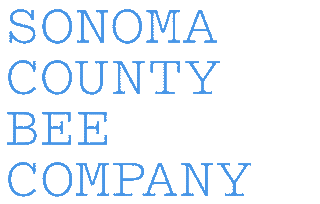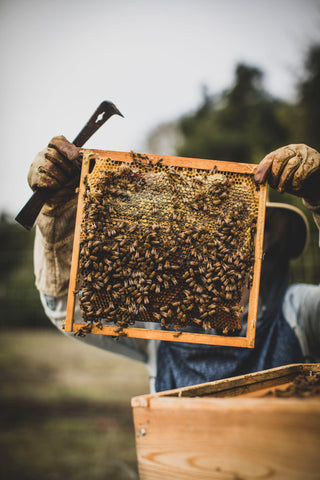Beekeeping philosophies encompass a wide range of approaches and beliefs regarding how bees should be managed and interacted with. Here's an overview of some prominent philosophies in beekeeping:
Sustainable Beekeeping:
- Sustainable beekeeping emphasizes practices that prioritize the long-term health and well-being of both bees and their surrounding environment. This philosophy often involves minimal intervention, reliance on natural bee behaviors, and organic management techniques. Beekeepers following sustainable principles aim to create a harmonious relationship between bees, ecosystems, and human activities, promoting biodiversity and ecological resilience.
Natural Beekeeping:
- Natural beekeeping advocates for allowing bees to express their innate behaviors and instincts with minimal interference from beekeepers. This philosophy emphasizes providing bees with environments that closely resemble their natural habitats, such as tree hollows or rock crevices. Natural beekeepers often use hive designs that mimic wild bee nests, such as top-bar hives or Warré hives, and avoid the use of synthetic chemicals or medications unless absolutely necessary.
Biodynamic Beekeeping:
- Biodynamic beekeeping is rooted in the principles of biodynamic agriculture, which views the farm or apiary as a self-sustaining ecosystem. Beekeepers following this philosophy consider the interconnectedness of all living organisms and the rhythms of nature. They may incorporate biodynamic preparations, lunar cycles, and holistic management practices into their beekeeping routines to enhance the vitality and resilience of bee colonies.
Treatment-Free Beekeeping:
- Treatment-free beekeeping advocates for refraining from the use of synthetic chemicals, antibiotics, and pesticides in beekeeping operations. Proponents of this philosophy believe that by allowing bees to develop natural resistance to pests and diseases, colonies can become stronger and more resilient over time. Treatment-free beekeepers often rely on selective breeding, colony management strategies, and supporting natural bee immunity to maintain healthy colonies without the use of external interventions.
Conventional Beekeeping:
- Conventional beekeeping, also known as commercial or industrial beekeeping, often prioritizes maximizing honey production and hive yields through intensive management practices. This philosophy typically involves the use of standardized hive designs, frequent hive inspections, and the application of synthetic treatments and medications to control pests and diseases. While efficient in terms of honey production, conventional beekeeping may raise concerns about bee welfare, environmental impact, and biodiversity loss.
Regenerative Beekeeping:
- Regenerative beekeeping goes beyond sustainability by aiming to actively restore and regenerate ecosystems through beekeeping practices. This philosophy recognizes bees as integral components of healthy ecosystems and seeks to enhance biodiversity, soil health, and ecosystem resilience through beekeeping activities. Regenerative beekeepers may implement regenerative agriculture techniques, habitat restoration projects, and community engagement initiatives to support both bees and broader ecological systems.
Each of these beekeeping philosophies reflects different values, beliefs, and approaches to bee stewardship. Beekeepers may adopt one or more of these philosophies based on their personal ethics, environmental concerns, and goals for beekeeping practice. Ultimately, the diversity of philosophies contributes to the richness and adaptability of the beekeeping community as it continues to evolve in response to changing environmental and societal needs.

